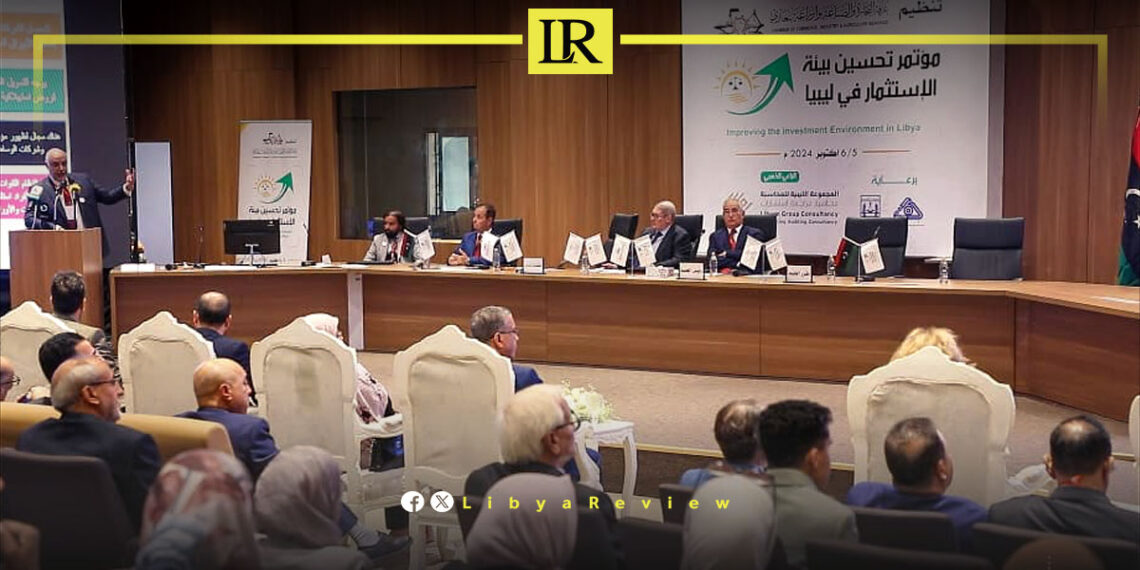On Saturday, Benghazi hosted the launch of the “Conference on Improving the Investment Environment in Libya,” aimed at boosting the country’s investment climate by introducing legislation designed to encourage investments.
The conference also focused on the development of financial and investment institutions and highlighted the significance of Libya’s investment map. It further examined the role of social factors and their impact on investments, contributing to an enhanced economic environment and fostering growth in Libya.
Key topics of discussion included an assessment of the current state of investment in Libya, international experiences in attracting investments, and the institutional framework’s influence on the investment climate.
Additionally, the conference addressed the legislative framework and its role in improving the investment environment, as well as the social and legislative challenges facing investments in Libya.
Libya has been in chaos since a NATO-backed uprising toppled longtime leader Muammar Gaddafi in 2011. The county has for years been split between rival administrations.
Libya’s economy, heavily reliant on oil, has suffered due to the ongoing conflict. The instability has led to fluctuations in oil production and prices, impacting the global oil market and Libya’s economy.
The conflict has led to a significant humanitarian crisis in Libya, with thousands of people killed, and many more displaced. Migrants and refugees using Libya as a transit point to Europe have also faced dire conditions.
The planned elections for December 2021 were delayed due to disagreements over election laws and the eligibility of certain candidates. This delay has raised concerns about the feasibility of a peaceful political transition.
Despite the ceasefire, security remains a significant concern with sporadic fighting and the presence of mercenaries and foreign fighters. The unification of the military and the removal of foreign forces are crucial challenges.


